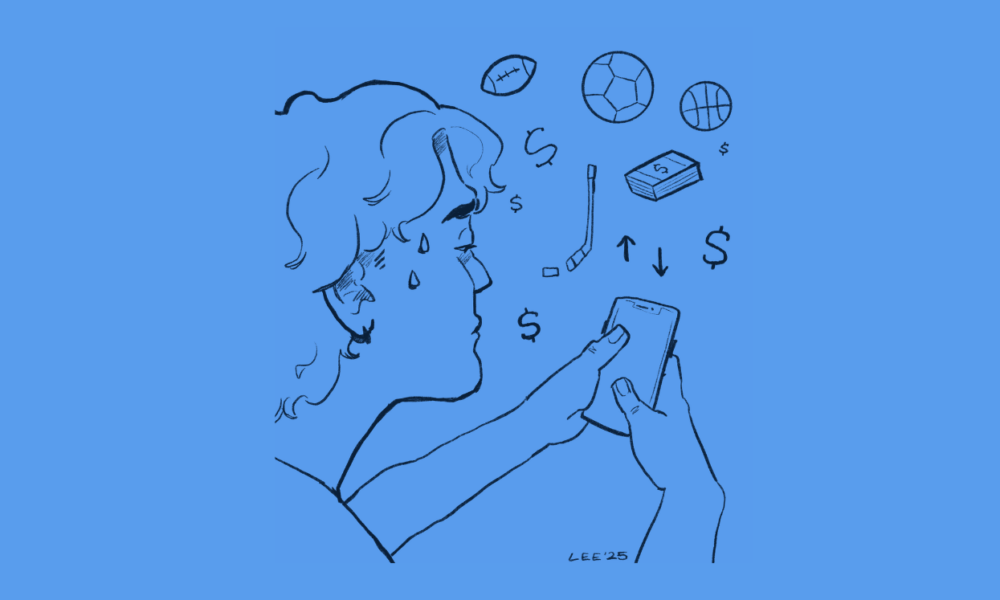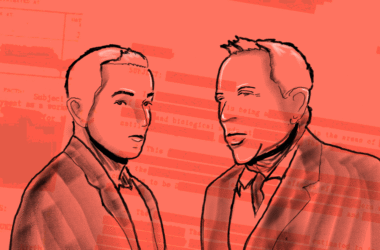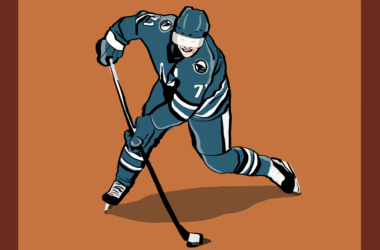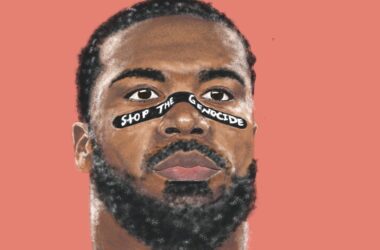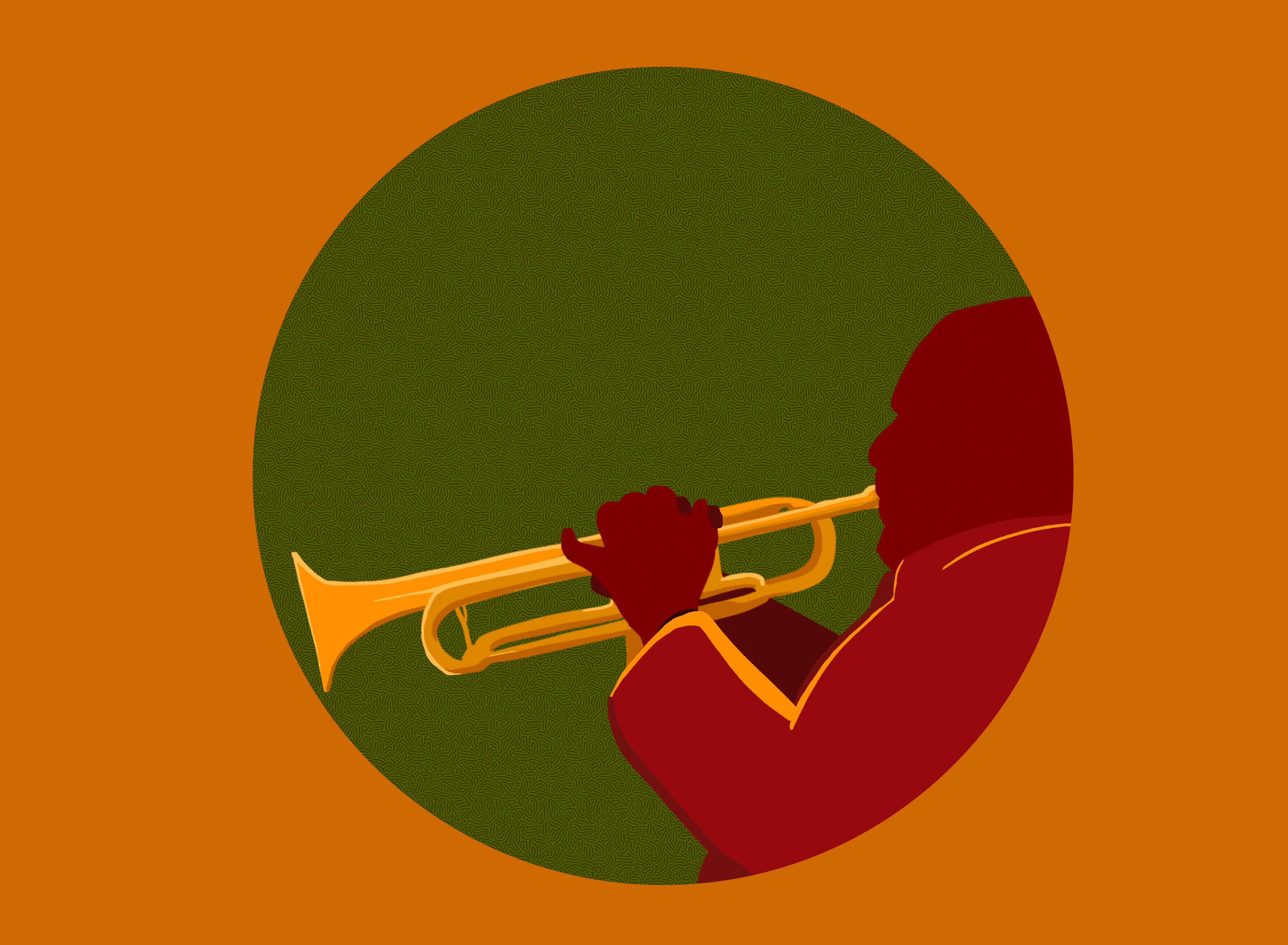The past decade has seen sports betting morph from a shadowy practice into a multibillion-dollar industry embedded in the heart of professional sports. With states across the U.S. legalizing gambling and Canada following suit in 2021, betting odds now flash across live broadcasts, podcasts casually reference parlays, and ESPN even operates their own sportsbook, known as ESPN Bet. What was once a shrouded subculture of sports has become a key facet of the fan experience, but in the wrong direction: Away from the love of the game. Behind sports betting’s flashy sponsorships and lucrative profits lie a set of troubling consequences that threaten athletes and fans alike.
A recent NCAA survey revealed that 58 per cent of participants aged 18 to 22 admitted to engaging in at least one sports betting activity in their teenage years. The number jumps to 67 per cent among students living on college campuses, many of whom report betting frequently and at higher rates. These statistics should alarm anyone concerned with youth well-being, especially considering colleges may inadvertently be fuelling such habits. Widespread exposure to gambling normalizes high-risk financial behaviour, particularly among students already navigating the financial and emotional instability of university life.
The negative effects reach well beyond the bettors themselves: Athletes at both collegiate and professional levels are bearing the brunt of gambling’s darker impulses. Countless players have described receiving anonymous direct messages after games from disgruntled bettors who claim they ‘ruined’ a parlay. These are not just harmless rants—messages often include violent threats, racial slurs, and in some cases, extend to players’ families and loved ones via online platforms. One key example of an increased rate of online hate towards athletes is NCAA’s March Madness. The line between passionate fandom and dangerous harassment is being erased by sports betting, in service of the toxic entitlement of gamblers who see athletes as little more than pawns in their gambling chess games.
The stakes for fans who have money riding on games distort the athlete-fan relationship tenfold. Instead of receiving admiration or criticism rooted in their performance, players face livid bombardment tied directly to someone else’s bank account. For younger college athletes, this creates an environment of pressure and hostility that will inevitably erode both their mental health and physical performance at terrifying rates.
Yet, while players grapple with these threats, leagues and media companies have doubled down on their partnerships with betting firms. The New York Times recently reported that leagues have signed massive deals with betting giants like FanDuel and DraftKings, with ESPN corroborating that leagues are actively using gambling to boost engagement and keep fans watching longer. Terrifyingly, these companies are not only profiting financially, but are consistently farming data from their users. The sports business model is leaning towards the notion that gambling profits come before athlete and fan protection.
Such crass corporate complicity ought to increase the leagues’ responsibility to protect athletes. At the very least, organizations should implement stricter safeguards, such as enhanced monitoring of online abuse, to protect athletes from harassment. Leagues should also reconsider their excessive use of gambling advertisements during events, which now dominate sports coverage in ways eerily reminiscent of cigarette ads in the 20th century.
Permissive policymakers must also consider the overall costs of gambling revenues: The internal struggles of players that go unheard, and the battles between leagues and athletes regarding safeguarding. Studies already suggest that younger demographics are more susceptible to gambling addiction, with long-term consequences ranging from financial ruin to enduring mental health struggles. If universities are reporting majority participation rates in betting, we may be witnessing the beginning of a generational problem.
Sports are meant to inspire—to showcase human resilience, teamwork, and passion. When gambling overshadows the game itself, athletes are reduced to numbers on a betting slip, and fans fall into the façade of a rather sinister buzz of ‘competition’ and ‘excitement.’ The question is no longer whether betting will poison athletics, but how much sports leagues, their athletes, and their followers are willing to tolerate before stronger gambling regulation steps in. The world of sports, both college and professional, must act soon, or risk letting gambling rewrite the true spirit of competition.
